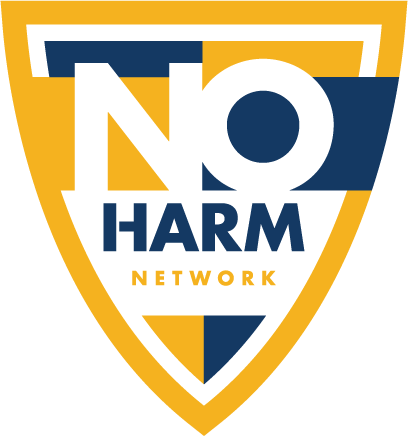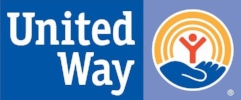The Social Intersection of Disabilities and Sex Trafficking
/Written By: Katrina Tamez, NFNL Grants Manager
Prior to working at New Friends New Life (NFNL), I had the opportunity to work with individuals with intellectual, developmental, and physical disabilities. This adventure was one of the most rewarding and educational experiences I have ever had. They are beautiful, talented, loving people who made a profound impact on my life. Little did I know that experience immeasurably prepared me for the work I do now with NFNL.
Society often labels those with disabilities as incompetent, less human, incapable, or even dumb. As a result, they often experience discrimination and prejudice as well as receive lower quality education, services, and care. However, one of the most devastating outcomes is the increased likelihood of becoming a victim of sex trafficking.
The societal intersection of persons with disabilities and sex trafficking is protrusive. Texas has consecutively ranked in the bottom two, 49th overall, for supporting individuals with disabilities. Texas also ranks second nationally for trafficking prevalence with more than 313,000 statewide victims of sex trafficking each year. Here at NFNL, in a 2021 survey, approximately 35% of our survivor’s report having needed special education/accommodation when they were younger and 20% are currently receiving disability services. Let that sink in for a moment.
Multiple studies suggest sex trafficking is experienced at heightened rates by those with intellectual and physical disabilities (Reid et al., 2018; Franchino-Olsen et al., 2020; Martin et al., 2021). A study reviewing sex-trafficking case-records discovered that nearly one-third of the victims had an intellectual disability (Reid, 2016). Any vulnerable person can be at risk for human trafficking, however individuals with a disability face an increased risk for several reasons:
1. Traffickers may seek out victims to gain access to public benefits such as Social Security Income.
2. Individuals with disabilities often become submissive to caregivers and comply with their wishes. The caregiver could take advantage of this dependency and force prostitution. Forty-one percent of child sex trafficking involves a close member or relative of the child as the perpetrator (The Counter-Trafficking Data Collaborative, 2022).
3. Many educators and caretakers do not consider individuals with disabilities as sexual human beings. This can be detrimental because it results in a lack of sex education or education on safety within relationships. As a result, people with disabilities often do not know what constitutes sexual abuse and what is consent. (Reid et al., 2018).
4. People with disabilities may be isolated and discriminated against. Because of this, they crave friendships and relationships. Traffickers may also target these individuals by pretending to be a boyfriend or someone that will provide love and attention. Individuals with disabilities may not understand the difference between a trafficker, a sex buyer, a friend, or a boyfriend/girlfriend (Reid et al., 2018).
5. Individuals with disabilities also are more likely to live below the poverty line (Seevrie et. al, 2019). Ninety four percent of new NFNL members report earning less than $25,000 annually, living 70% below HUD’s 2021 median income levels for Dallas. One ploy that many traffickers initially use is the lure of being able to provide shelter, care, financial assistance and more.
The average age an American girl is trafficked is between 13 and 15 years old. Imagine a young, naïve pre-teen who has not received the care, attention, and education needed to know that a trafficker is grooming them.
People with disabilities are capable of amazing things. For example, KiloMarie Granda Ph.D., an individual with multiple disabilities who is also a sex trafficking survivor, is the founder and CEO of Unspoken Voices, an organization that advocates for survivor voices. Additionally, many of our NFNL Alumni are thriving in their personal and professional lives! Despite centuries of oppression, imprisonment, and abuse; despite negative stigmas, victimization, and discrimination, individuals with disabilities are rising stars, ready to accomplish new heights.
At New Friends New Life, we are dedicated to prevention and early intervention at our Youth Resource Center as well as restoring and empowering in our Women’s Program. NFNL addresses the problem of sex trafficking in Dallas by stepping in to ensure survivors of trafficking and exploitation have the tangible, mental, and economic tools necessary to escape the sex trade for good, as well as advocating for policy change and education to bring awareness to trafficking and aid prevention efforts.
Reparation of our society cannot happen without collaboration and teamwork. If you were looking for a sign to get involved, this is it. Volunteer. Donate. Spread awareness. Do not sit back any longer.
Reference List:










